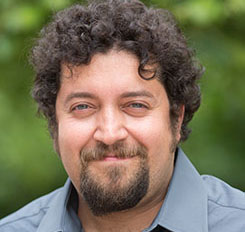(THE CONVERSATION) The college admissions cheating scandal has outraged millions, bringing to light the gaps between the privileged and less privileged citizens. Being a social scientist who studies societal origins of economic and health inequalities, it was clear to me that it was a manifestation of deep structural inequalities in the U.S. social hierarchy. Such structural inequalities appear in various forms, including wealth and health inequalities.
But just what do “structural inequalities” mean?
They are inequalities deeply woven into the very fabric of a society. They can be observed across institutions such as legal, educational, business, government and health care systems. Inequalities occur because of an imbalance in the distribution of political and economic power. While one group has historically set the rules and writes the law of the land, access of others to wealth and resources have been limited.
Blacks, for example, have been historically denied access to well-paying jobs, entrance into elite educational institutions, and wealthy neighborhoods. At the same time, whites have accumulated wealth, education and prestigious jobs that were systemically blocked for blacks. Such societal functions sometimes continue for centuries, with strong structures being built, reinforcing political and economic power.
As an assistant professor of psychiatry at the University of Michigan and a faculty member at Charles R. Drew University of Medicine and Sciences, I have conducted several studies on how social factors such as race and class shape access to economic and health outcomes. My studies have shown that as a result of such structural inequalities, the very same economic resources consistently generate better outcomes for the privileged group.
My studies have established that unjust social structures hinder non-whites, particularly blacks, who have been historically marginalized. Many in the U.S. want to believe that people can pull themselves up by their bootstraps. I believe that the naked truth, however, is that there are powerful unjust social systems in place, operating for centuries, that help some but hurt many.
Privilege builds power
Read the entire article by clicking on the title link.


